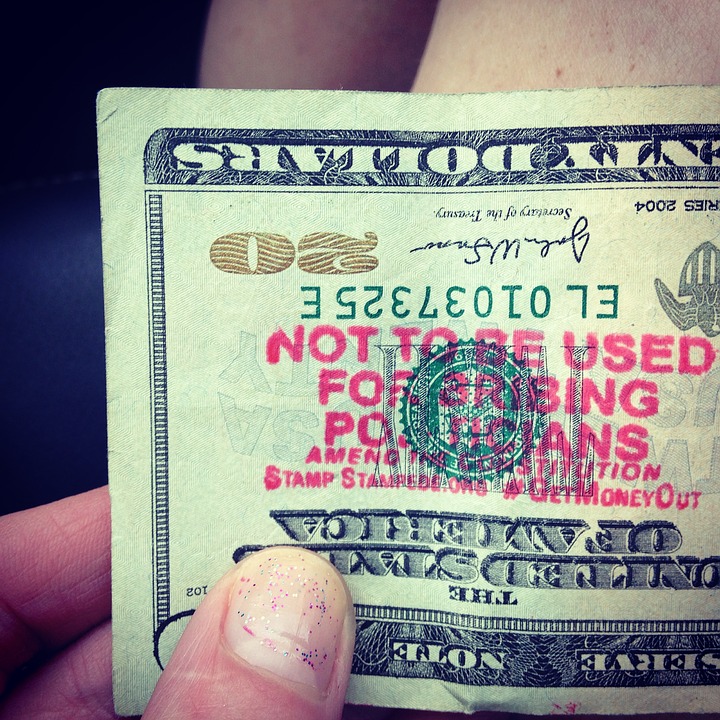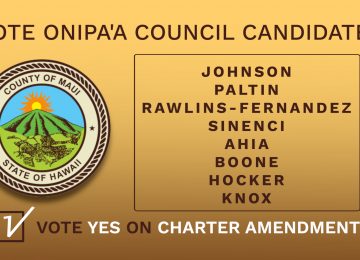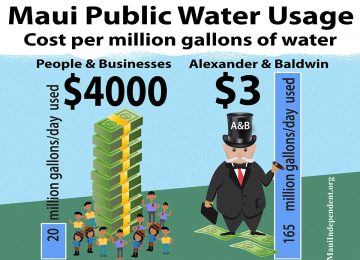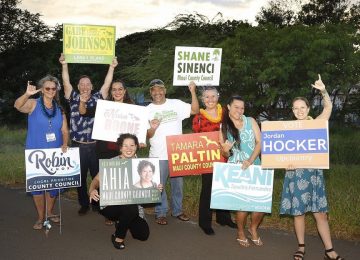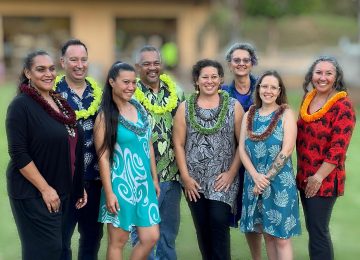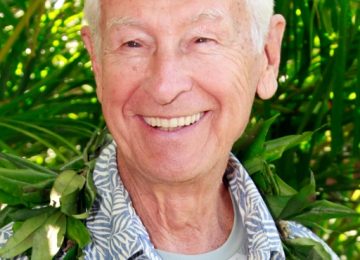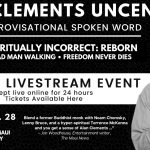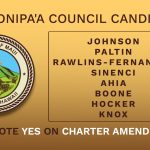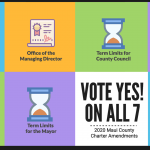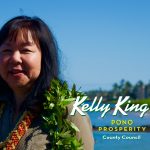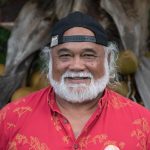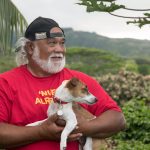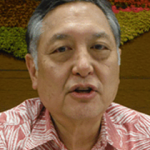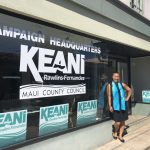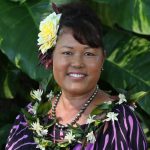It would be gratifying to think that the politics of the Aloha State are conducted on a high plain, but unfortunately the history of our state was founded on lies, deception and force.
Under the prevailing kleptocratic system, politics and morals are growing more distant, reflecting the national political environment – a murky swamp in which money, power and favors create a thick scum.
How refreshing then, to have a new wave of political aspirants and office holders in Hawaii who talk and act from a moral and spiritual foundation.
Unlike Standing Rock, where Lakota water protectors faced not only a blue wall of militarized police oppression, but the political hatred or cowardice of local and state politicians, in Maui, a handful of locally elected leaders have demonstrated the political courage necessary to place the public interest and public health before the corporations whose donations fund most political campaigns.
It has been business as usual with state and county ethics committees hardly mattering when legislative and executive decisions are so heavily influenced by connections, contracts and campaign donations. And corporate campaign cash has often been a critical criteria to get elected, while appointments to boards and commissions are handed to friendly appointees whose decisions can often be predicted.
One outstanding bright light on Maui’s horizon is Alika Atay, an organic farmer and grassroots leader of Hawaii’s Aina Protector’s United. Uncle Alika was elected to the Maui County Council in an upset win over an opponent with eight years experience on the council and the support of many unions. Atay thinks and acts from a Hawaiian spiritual foundation that has a profound moral authority. He spoke of his principles in the lead feature of the new the Maui Independent.
Atay speaks “for the land, for the water, for the children” and insists that we all have the responsibility to “stand up for future generations.” His candid remarks about the oppression of Native people, and criminal and pervasive use of pesticides is a dramatic departure from politicians who propose to change the system slowly. Once Native lands are destroyed, he laments, Native people “have no place to go.”
Atay speaks from the point of view of a grassroots democracy that “comes from the ground up, from the indigenous, spiritual and cultural level.” As an organic farmer he knows both the means of pollution and the long-term impacts. This grounding gives his words powerful impact.
If we can’t model the kind of honest responsive government in the public interest that Alika speaks of here in Maui, a county that recently voted two to one for Bernie Sanders and three to one for Hillary Clinton, then what hope is there for the political future of our nation?
Atay is not the only refreshing voice. Other Maui council members have an integrity that reveals a moral compass guiding their decisions. For years councilwoman Elle Cochran has been the lone voice on the Maui council speaking up for public health, environmental sanity and affordable housing. She has had growing support from Don Guzman who has worked extensively with Maui farmers and ranchers to develop progressive farming measures.
A newcomer to politics, Kelly King brings decades of innovative business acumen to the council. When former Council Chair Mike White solicited support from four status quo colleagues, Ms. King was aggressive and creative in proposing that the new council follow county charter rules.
In a tight race against a well-financed and well-groomed challenger, Kaniela Ing won his third term in the state house.
Ing has distinguished himself at the legislature by taking stands for growing hemp, recreational marijuana, and laws that protect the rights of kuleana property owners. Though still in his twenties, has shown skill in gaining support at the legislature while advancing a progressive agenda.
First time candidate Tiare Lawrence wasn’t able to overcome the strong union support to win the 12th House seat, but she distinguished herself in many ways by taking strong stands to protect the shoreline along Olowalu and the concerns of Hawaiian cultural values after the great Iao Valley flood.
There is much to be learned by watching and supporting leaders who have strong ethical values that they are willing to fight for. It is a dramatic contrast to politicians who claim to be problem solvers, but are too willing to comprise when they meet opposition.



